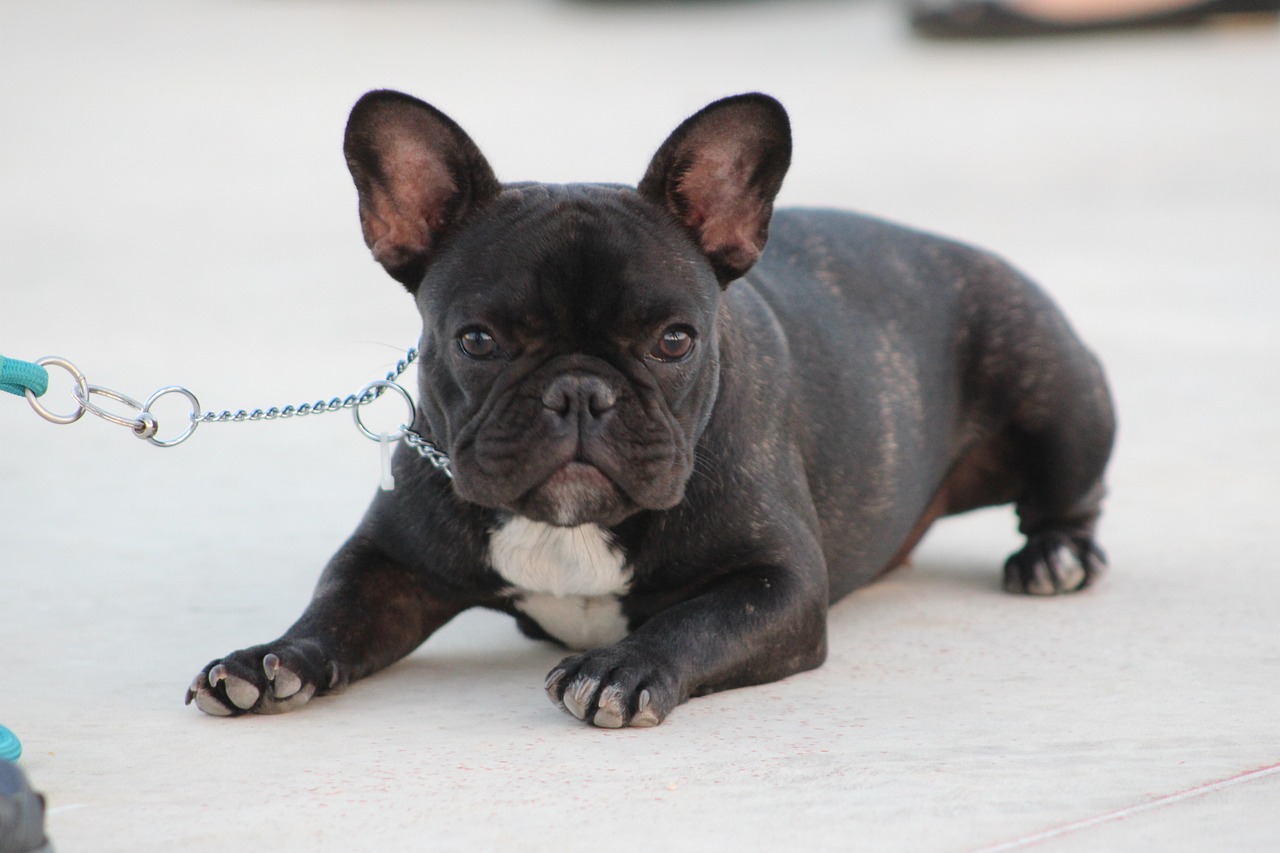Can old dogs learn new tricks? Definitely. But you should wait until they are old to teach them? Probably not. Young puppies can take to training surprisingly well, and starting at a young age allows them to grow up with these ideas ingrained in their mind and behavior. Are you looking to start training a new puppy? Look no further – we are here to help with tips, recommendations, and elite puppy training courses.
The Right Time to Start Puppy Training
Training isn’t possible from the birth date of a puppy, but you don’t have to wait as long as you might think. Your first training sessions won’t involve complex techniques, but starting early instills good lessons into their mind from a young age.
Puppies are like sponges, eager and ready to learn from as early as a few weeks old. However, their attention spans are short, so training sessions should be brief and engaging. At this young age, training is unlikely to be any structured event. Instead, think of it as a way to get your new puppy comfortable with the idea of human interaction in a safe and caring environment.
Just as running and jumping around the house too early can harm physical development, so can overdoing certain types of training. Ensure the training activities are appropriate for your puppy’s age and physical capabilities.
Age Recommendations for Puppy Training By Breed
Training should be tailored not just to the individual puppy but also to their breed characteristics.
Small to Medium Breeds: Can typically start basic training from around eight weeks old, as they tend to mature quicker both mentally and physically.
Large Breeds: May benefit from starting structured training a bit later, approximately 10 to 12 weeks, but socialization should begin as early as safely possible.
Giant Breeds: Given their size and longer maturation period, starting structured training around 12 weeks with an emphasis on gentle, positive reinforcement methods is ideal.
Creating a Positive Training Environment
Introducing your puppy to various experiences, people, and other dogs/animals boosts their early development. Socialization helps puppies become well-adjusted adults by reducing fearfulness and aggression while increasing their ability to confidently handle new situations. Introduce them to unique situations and environments in a controlled and positive way.
At the same time, begin implanting a rewards-based training program – a powerful method to encourage your puppy to repeat desired behaviors. Positive reinforcement can include treats, praise, or playtime, which all serve to strengthen the bond between you and your puppy.
Training a puppy requires consistent messaging and patient repetition. Consistency in commands, rewards, and expectations helps your puppy understand and learn what behaviors are expected of them. Not all dogs are the same. Some may excel with clicker training, while others might respond better to voice commands or gestures. Being adaptable and willing to try different approaches, along with an understanding demeanor, is the best way to find success in early puppy training.
Safe Activities for Young Puppies
Puzzle Toys and Interactive Games:
- Stimulate your puppy’s brain and develop problem-solving skills.
- Provide fun and rewarding engagement with their environment.
- Help puppies uncover treats and learn new interactions.
Training Basics
- Focus on fundamental commands: “sit,” “stay,” and “come.”
- Essential for puppy safety and socialization.
- Lay the groundwork for more advanced training.
Leash Training
- Safely introduce a leash to your puppy, to smell and get accustomed to.
- Prepares for enjoyable walks and outings.
- Teaches physical control and encourages trust and following the lead.
If you need help with your puppy or want to accelerate the training process, don’t hesitate to contact Gulf Coast K9 Dog Training today. Our puppy training programs are designed for puppies four months and older, providing a deep dive into everything they need to know.





